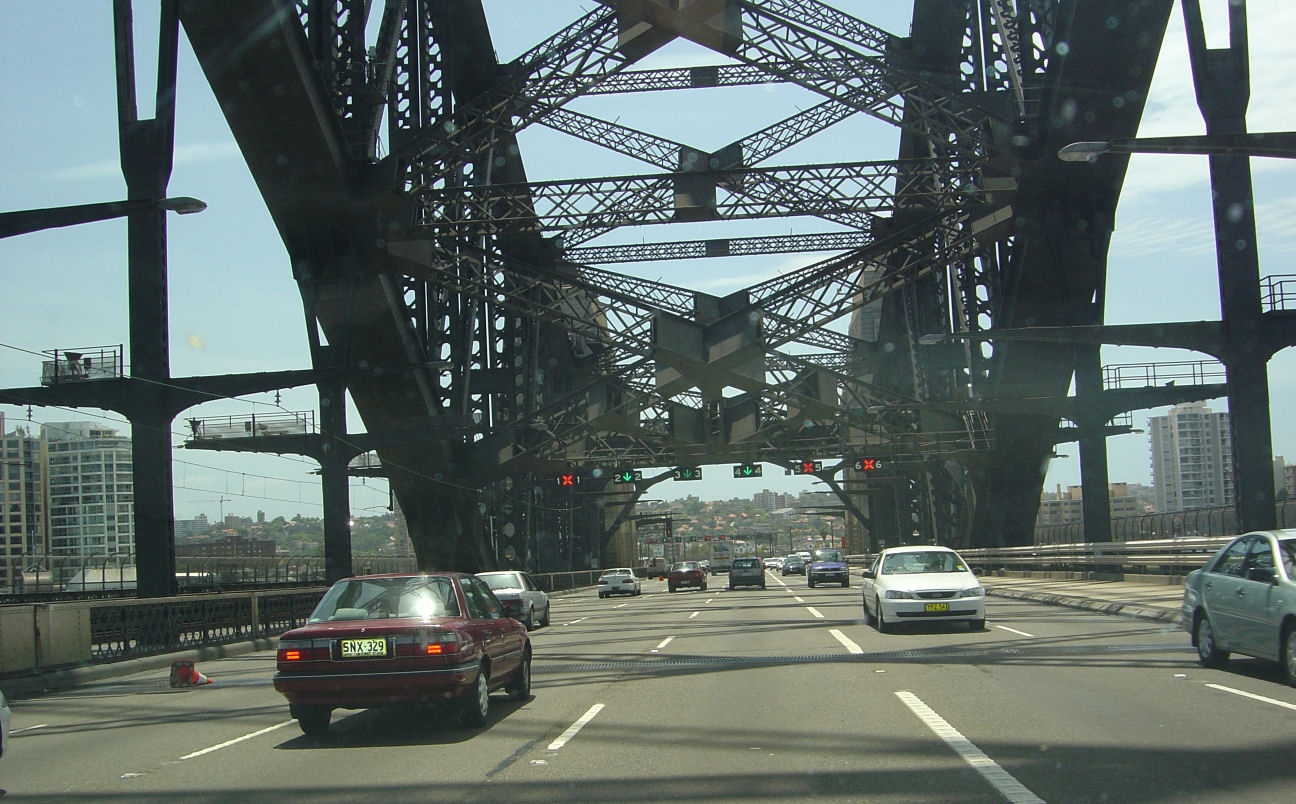
Why local news matters

By MERRILL WITT
In the last week of June, Australians received more grim news about the future of news coverage in Australia.
The managing director of the ABC, David Anderson, announced cutbacks to news divisions and job losses in response to a cut in federal funding for the public broadcaster. Seventy jobs in news and investigations are expected to go including 19 in the regional divisions.
These cuts follow News Corp’s announcement at the end of May that it was closing 112 of its local newspaper titles and moving 76 to an online-news model.
Unfortunately, both developments are merely an acceleration of an ongoing and depressing trend. Data collected by the Australian Consumer and Competition Commission (ACCC) found that between 2008 and 2018, 106 local and regional newspaper titles closed across Australia.
These closures have left 21 local government areas previously covered by these titles without coverage from a single local newspaper (in either print or online formats), including 16 local government areas in regional Australia, according to the final report of ACCC’s digital platforms inquiry.
Even affluent Sydney municipalities like Woollahra are feeling the impact of cutbacks in local news coverage. Long before the COVID-19 pandemic, the local News Corp-owned paper, The Wentworth Courier, stopped sending reporters to cover Woollahra Council meetings, and lifestyle-focused articles have mostly displaced local news.
Consequently, many Woollahra Council residents were pleased to read a story in the Sydney Morning Herald about a local development application bungle, “How a Vaucluse property grew 200 sq metres overnight, sparking a war over harbour view.”
Of course, the piece had all the elements that real estate obsessed Sydneysiders love – a tussle over harbour views in a prestigious suburb involving interesting personalities. But it also had an important public interest angle – should councils solely rely on lot size information supplied by private surveyors when approximate measurements can be cross-checked online via the NSW Land Registry Services?
The article has sparked a lively discussion among the local residents’ associations, with some already calling on Woollahra Council to review its procedures for assessing DAs.
Local news stories like this one are, in fact, a great example of why consistent coverage of local news is so important to the functioning of our democracy. As well as facilitating public discourse and political engagement at the local level, regular reporting makes local governments more accountable for their actions.
Loss of local news is a threat to our democracy
The role of the internet in causing the demise or hollowing out of news outlets all over the world is pretty well known. As well as co-opting classified advertising, print media’s so-called ‘rivers of gold,’ it has made subscription and other advertising revenue more difficult to secure because news is now easily available for free on platforms like Facebook, Google and Twitter.
But less well understood is how the loss of local news is a potential threat to a functioning democracy, especially when exposure to a diversity of opinions is restricted by the internet giants’ tendency to customise news feeds that reflect the perceived interests and biases of their users.
A recent Brookings Institute’s study of the crisis in local journalism in the United States, for example, found that in places where news consumers cannot balance their social media news diet with local alternatives, voters tend to be more politically polarised. “Not only has the decline in local news coverage facilitated a general disengagement from local politics, the loss of local newsrooms threatens national political cohesion,” the report said.
So how best to arrest the decline in local news and save our democracy in the process?
The federal government just announced the recipients of its $50 million Small and Regional Publishers Innovation Fund, which was set up last year in response to the ACCC’s digital platforms inquiry and is designed to help regional and small publishers adapt to the challenges facing the news industry. It has also instructed the ACCC to develop a mandatory code to address commercial arrangements between digital platforms and the news media, including “the monetization and sharing of revenue generated from news.”
A recent article in The Saturday Paper, however, questions whether the federal government will refrain from making further funding cuts to the ABC. Rick Morton reported that a federal Communications Department tender is being finalised for a $200,000 “not for public release” private consultant’s report on news and media models in “comparable jurisdictions” with a focus on the impact of public broadcasters on “commercial operators.”
In Morton’s opinion, the tender’s terms of reference mirror complaints from News Corp that the publicly funded ABC has been allowed to encroach too much on the traditional turf of commercial newspapers, websites and television stations.
Comparable jurisdictions
But if the government’s goal is to support public interest journalism in order to ensure that its citizens are well informed, looking for reasons to prop up the revenues of commercial operators at the expense of the ABC is counterproductive and contrary to the ACCC’s recommendation that “stable and adequate” funding be provided to the ABC and SBS in recognition of their role in “addressing the public good nature of journalism and the consequent risk of under-provision of public interest journalism.”
In fact, a look at “comparable jurisdictions” is revealing because it offers evidence of how other democratic countries are starting to leverage the trust, experience and expertise of their public broadcasters to help fill the vacuum in local news.
In the UK, for example, the BBC’s Local Democracy Reporting Service is paying for 150 journalists to provide news to 850 UK media titles and outlets. Speaking recently about the program’s extension to Northern Ireland, Belfast Live editor Chris Sherrard said: “The real beneficiaries of this, of course, will be the people living in these council areas who will now get to read about everything that is relevant to them and their lives.”
Hopefully, the federal government’s soon to be commissioned report will reject specious arguments that reigning in the activities of our public broadcasters will give more oxygen to the commercial operators. Research points to our democracy being better served by increasing public broadcast funding so that the ABC and SBS can expand their support for public interest local journalism.
In fact, the ABCs five-year plan recognises that it may become necessary for it to support local news outlets. It acknowledges that in light of the decline in local news from commercial providers, accelerated by the COVID-19 crisis, the ABC could be required to “focus more resources on local coverage and supporting a diversity of outlets in the local news ecosystem.”









